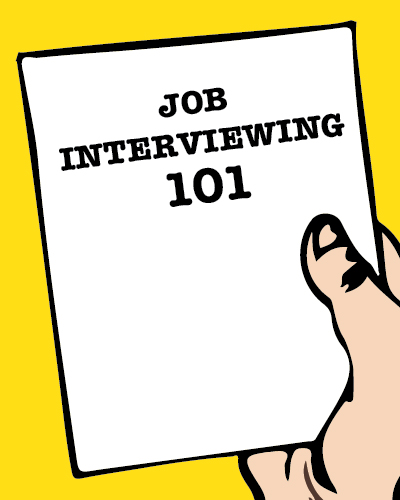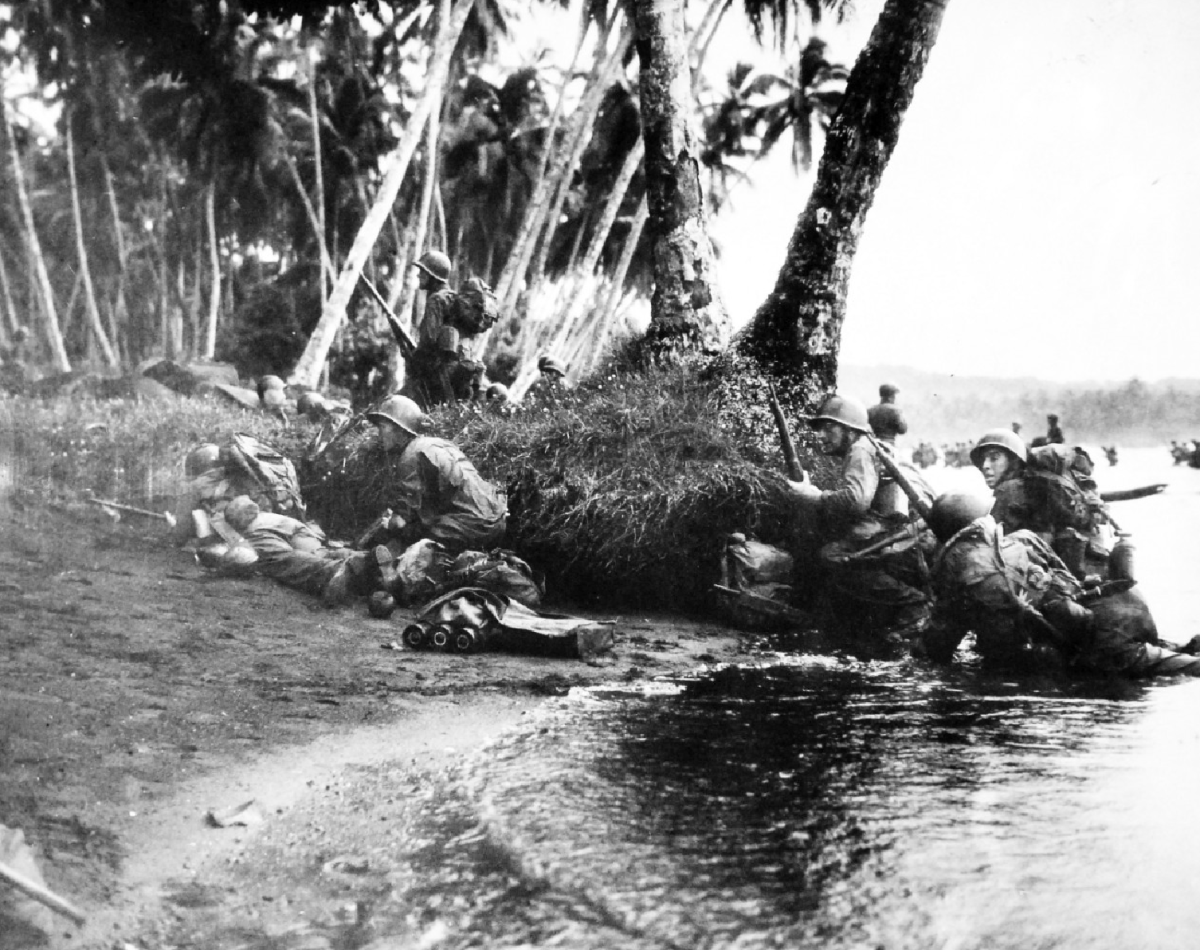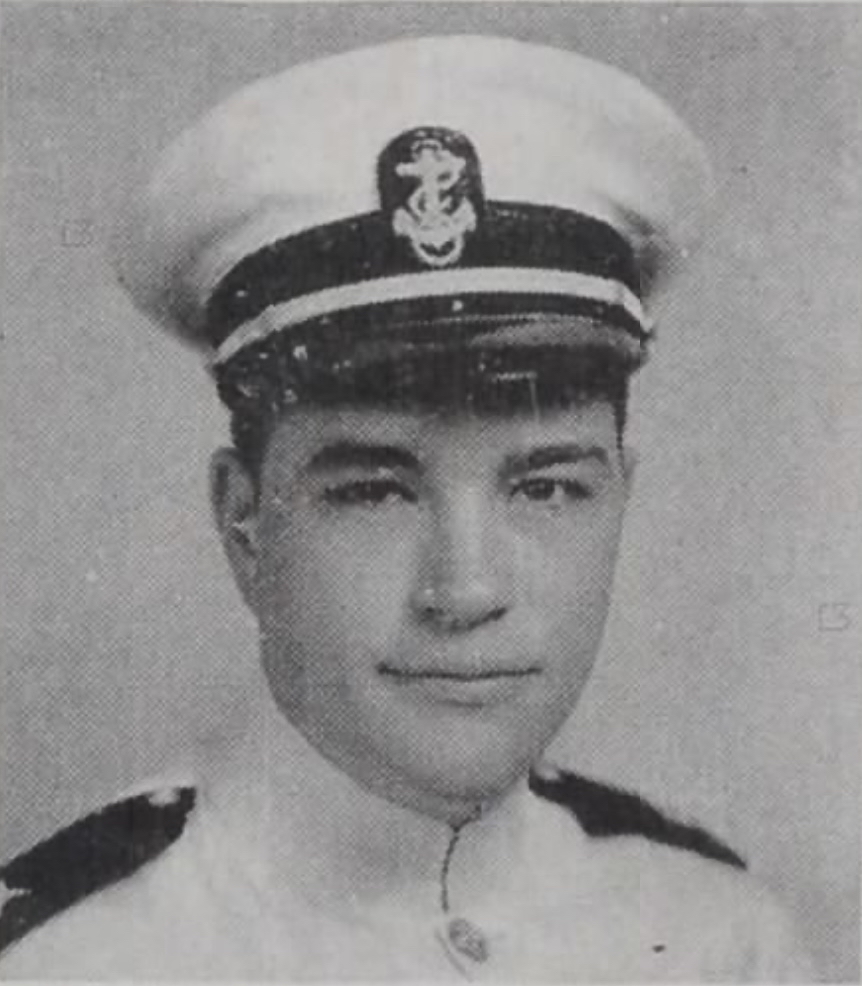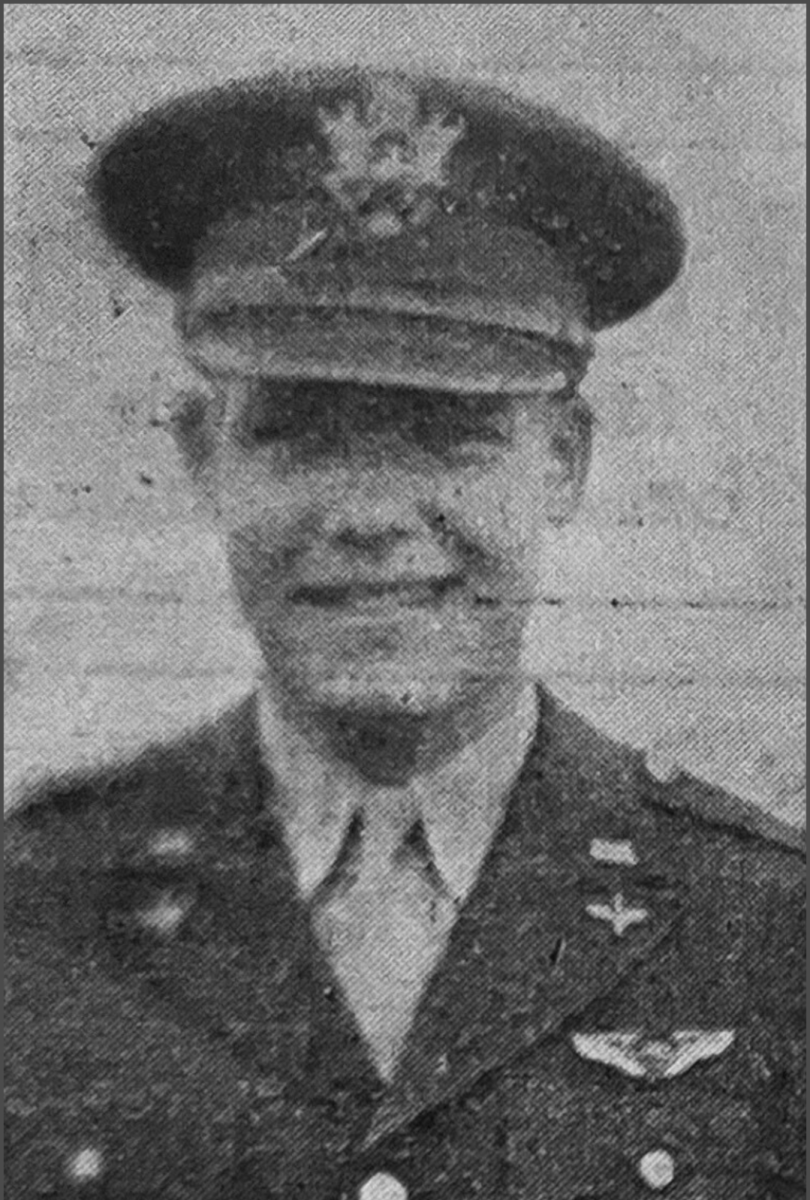Tyson Domingo | Photo Co-Editor
When students prepare for entry into the work force, the first thought that comes to mind is usually somewhere along the lines of what area they’ll work in or what company they’ll work for. As they progress through the halls of Buena Vista University (BVU) and get closer to graduating, one thought that sits at the back of their brains, and slowly creeps to the forefront of their minds, is the one thing keeping someone from obtaining their dream career: interviews.
Many people get nervous and feel uneasy when it comes time for interviewing for a position, but here are seven tips for people to get seven steps closer to nailing the spot.
1) Start preparing for interviews NOW.
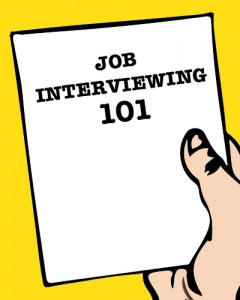
It’s easy to float through one’s freshman and sophomore years in college without thinking about how to pull off an employment interview, but BVU has a way of making it less stressful. Career Services’ Practice with the Pros, which is offered every semester, is an opportune moment to network and practice your interviewing skills from year one. Assistant Director of Career Services Cindy Cone is the one to contact when preparing for interviews.
“Often it’s a great connection for businesses and schools for our students as well for internships and future jobs,” Cone said.
Connect with your future by keeping an eye open for these events from the day you enter BVU as a student until the day you leave to start your new position in your dream career.
2) Use available campus resources.
BVU has many campus resources that can help students enhance their education, health, and faith, but few take a moment to make use of the very helpful office of career services. Senior Estefany Gonzalez has been utilizing such career preparation resources since attending BVU and has just secured a position as an accountant at Kiesling Associates, a Certified Public Accounting (CPA) firm in West Des Moines.
“All of the things that they put on have been really helpful, like Practice with the Pros,” Gonzalez said, who has attended three since being at BVU.
Career services offers more than just interviewing practice. They can also help students perfect the art of the business reception and build a compelling cover letter to supplement a healthy résumé.
“There’s no reason to have a bad résumé or cover letter when you have these all these resources,” Cone said.
3) Strategize your résumé and cover letter.
There are many educators at BVU who are willing to help their students head in the direction of their preferred career field, and Professor of Speech Communication Dr. Beth Lamoureux is among them.
“There will be no interview unless the paperwork is impressive to get that interview,” Lamoureux said, “Use the job description to write their letter, and use the job description to craft their résumé because it really is all about strategy.”
Putting relevant knowledge and experience first on the list can set you apart from other applicants for the same position. If the position is asking for a business major, while the applicant may be a mathematics and business double-major, listing business before mathematics could mean the difference between a second interview and rejection.
4) Do your research.
“I made sure to research the company. It’s one of the tips they always give you,” Gonzalez said.
Research was never just for that fifteen-page paper. It is very important for applicants to research everything from the position, the organization, the community, as well as the salary that similar positions in the area are receiving.
“They need to know everything there is to know before even writing their letter. That’s one of the preliminary [steps],” Lamoureux said.
Doing preliminary research will show the employer that a candidate is knowledgeable and extremely interested in the open position.
5) Physical practice will get you comfortable.
“The physical practice is important, which is what I hope to provide,” Cone said, “Practice with family and friends.”
While practicing an interview, anticipate questions and take note of any possible responses. It is also common that employers will conduct an initial phone interview, so it’s recommended that applicants practice sounding enthusiastic and interested. It’s a good idea to remember that smiles, or lack thereof, can be noticed through phone calls.
6) Have examples of situations prepared.
Prior preparation is very important when going into an interview, and having examples to back up claims in your cover letter and résumé are just as important.
“Think of the major things employers want. They want somebody with teamwork, somebody who’s a problem solver, somebody who takes initiative, and have a personal story kind of in mind for each of those traits,” Cone said.
Being able to refer to and respond with specific events that show applicants have experienced certain situations rather than having to respond with hypothetical examples.
Gonzales held an internship at Principal Financial Group in Des Moines which gave her experience in the field she is interested in, and she used those experiences as examples during her employment interview.
“I used those, because I think they were really good examples, because it shows that while being a student, you’re able to balance other activities, and you’re able to apply what you’re actually learning in the classroom,” Gonzalez said.
Participate in campus organizations and events because they could lead to new experiences that you could use for your future employment interview.
7) Take BVU’s Interviewing class.
If the last six tips were not enough to ease your nervousness for an interview and you have an entire semester to prepare, take advantage of BVU’s interviewing course COMM 374, taught by Dr. Beth Lamoureux, for an even deeper understanding of interviewing.
“I strongly suggest taking the interviewing class,” Cone said.
Highly recommended and practical, the interviewing class at BVU is a helpful tool for anyone and everyone no matter what field a student plans to advance in.
“It’s a good way, especially for students who haven’t had experience with interviews. It just kind of teaches you the basics and it helps you be prepared for what could potentially come, because I mean every employer is different. They don’t always ask you the same questions,” Gonzalez said.
Take advantage of these seven interviewing tips when contacted for an interview, and you could be on your way to a successful career. For more information, stop by Career Services to schedule a mock interview with Cindy Cone or visit them online. You can also like them on Facebook.
Graphic by Aaron Burns



